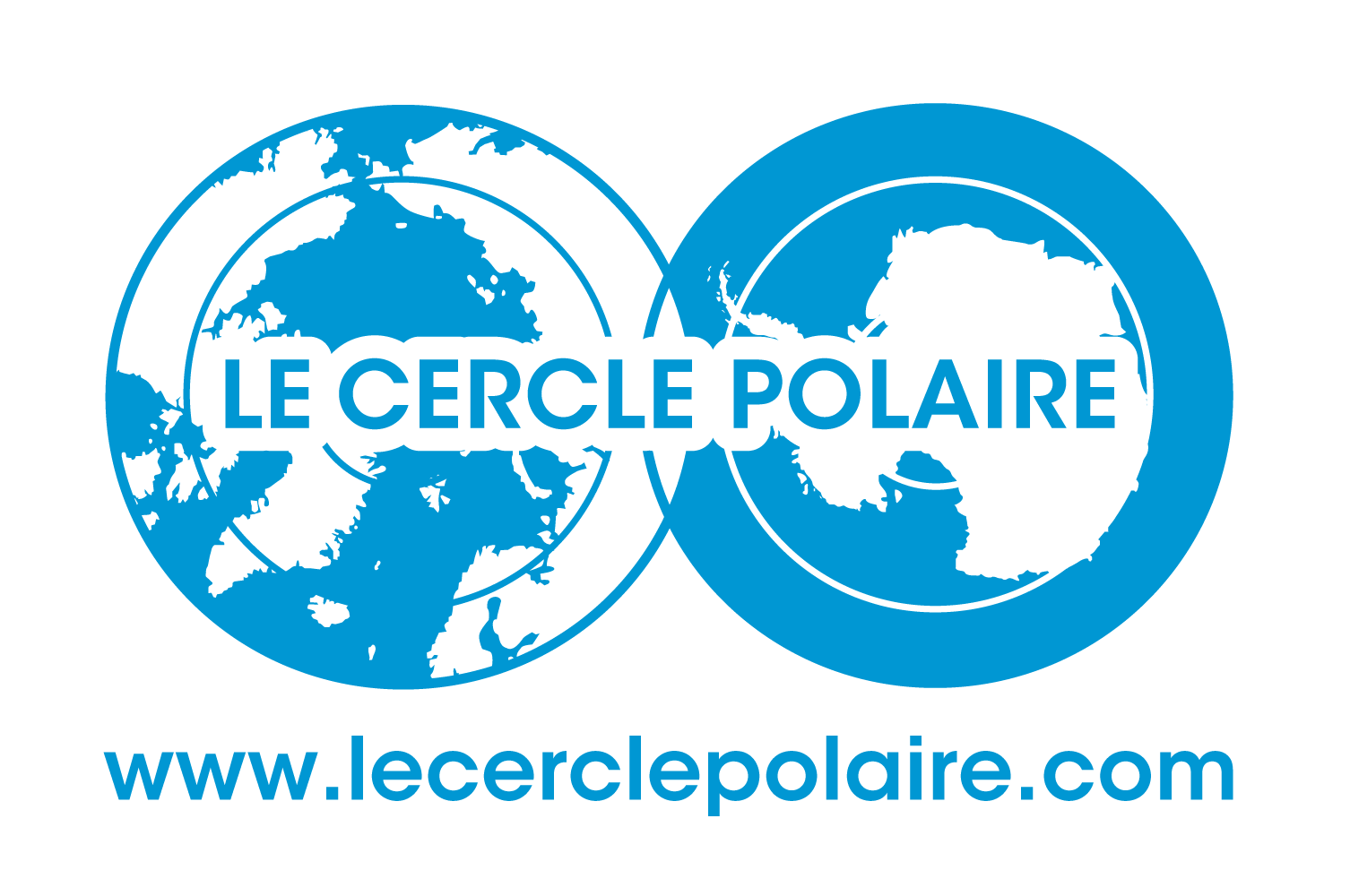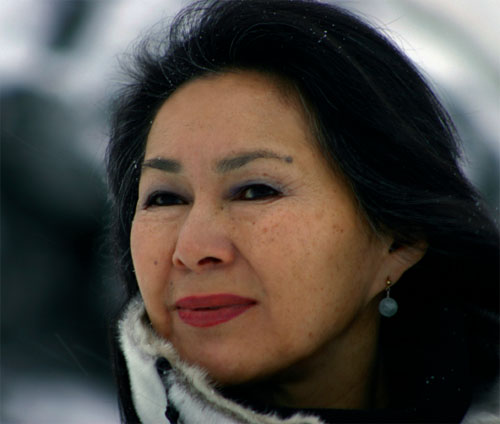
Journalist • Greenland
Our culture, based on sharing, not wasting, is to be viewed as a good practice of sustainable development
Henriette Rasmussen is a well-known political figure in Greenland. A municipal councillor in Nuuk, she has served as minister in two governments (1991-1995, 2003-2005) and was an early supporter of the rights of women and indigenous peoples. She participated in the creation of the United Nations Permanent Forum on Indigenous Issues. She works as a radio journalist and is an honorary member of le Cercle Polaire.
As an 8 year old in 1958, I remember my hometown hosted the visit of a delegation of Canadian Inuit. Since the migrations over several thousand years, this was the first time in modern times we Greenlanders saw and met Canadian Inuit. Their parkas became fashionable later, and we could understand their dialect. We also learned that they enjoyed listening to our radio.Old villages have been recovered in Disco Bay, my native area. Stories are told about events in these villages, passed on orally to ears eager to listen on the long and lonely winter nights, through the last 4,000 years. Many of these stories were collected and written down when we Greenlanders got our first writing system in the mid-19th century. Our culture was sustainable, we used the entire product of whatever catch, leaving only the broken bones since the marrow was valuable oil for cooking or fuel. So when we say archaeological evidence we mean materials in stones, bones and old ivory. Recently I heard a radio documentary in which it is said that in our culture a great hunter who arrived to the community with a catch would, at the end of the day, have the same amount of food in his house as those who did not catch anything that day. That is also what we remember life was like. No one became rich, but nothing was wasted. Wealth was measured in terms of your generosity, and respect was due to your skills as a hunter, and what it means to be a kayaker, to your physical strength or your talent as a seamstress for making clothes and boats for survival in the Arctic lands and seas. Or as a shaman with great knowledge, a storyteller, or a poet who could amuse others at our gatherings, women and men alike. We, the Inuit, still have one leg in our old culture and the other in the fast lane. Our language will survive climate change but the customary laws and skills related to our environment are being forgotten. For the world community, our culture, based on sharing not wasting, storytelling and poetry is important for the survival of human cultural diversity and is to be viewed as a good example of sustainable development.

